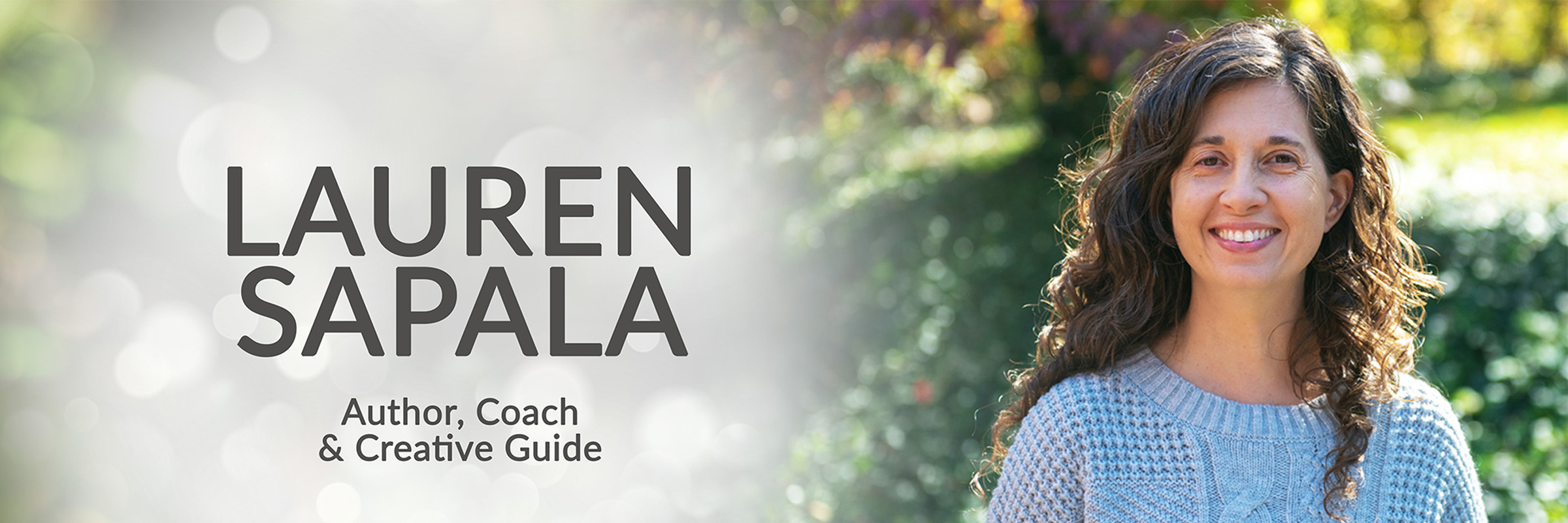
Writing a memoir is one of those things that sounds like it should be easy. You’re just telling a story about your life experiences, right?
Wrong.
Writing memoir can actually be quite difficult, especially if you’re focusing on life experiences that were painful or traumatic, or may even be hard for other people to believe. Much of the time, if a writer has never delved into writing memoir before, they assume that they just need to start at the beginning, move through events as they happened, and add clarifying details for the reader all along the way.
Well, it is possible to do this with memoir, some of the time, depending on what you’re writing about. But if you’re writing memoir that explores trauma, dysfunctional family patterns, or life experiences that include non-ordinary (or even supernatural events), then the chances are very high that your story is not going to move in a straight line. Because it didn’t move in a straight line when it was actually happening to you in real life. Most of the time, when you go through something really weird or unexpected or hard to explain to other people, the experience itself moved all over the place and changed shape many times before you were finished living through it.
This is where writers who are new to writing memoir get into trouble. Because if you begin writing your memoir by trying to make a straight line out of convoluted events, you usually only become more confused and lose your way, and then you end up feeling overwhelmed by the entire memoir writing process.
This happens so often to those who are new to writing memoir because they begin with the reader in mind. Often, before the writer has even written one page, they’re asking themselves questions like: Who is my reader? Who is the audience for my memoir? How can I include all the information necessary to convince the reader that this really happened to me? How can I write this memoir in such a way that the reader will completely understand my pain and why I made the choices I did during the time of these life experiences?
And that’s where people get stuck writing memoir.
When you begin the process trying to imagine your book from the viewpoint of the reader, you will end up with nothing but trouble. This is because there is no way to imagine the viewpoint of every single reader who will come across your book, or even most readers who will pick it up and give it a whirl. The fact is, if you’re writing a memoir about painful and traumatic events, some readers will be able to meet you there, and some won’t. And if you’re writing a memoir about something supernatural or deeply spiritual that happened to you and it’s almost impossible to truly explain it to anyone else then—again—some readers will be willing to go there with you, and some won’t.
Simply put, you just can’t control which readers will come along on your ride.
Once you understand that you have very little control over who will read your memoir or how they will react to it, you can let go of all that “figuring out your audience” baggage while you’re writing the first draft of your memoir and focus on what’s really important, which is getting it down on the page.
The best advice ever for writing a memoir is to write the story for yourself first. Only when you write your story in a way that makes sense to you can you begin to then think about how to make it coherent and clear to other people. The first priority, though, is speaking your truth on the page. And that truth might come out jumbled, raw, disconnected, and fragmented during the time when you’re writing the first draft of your memoir. That doesn’t mean you’re doing anything wrong. On the contrary, if you can spill out a good part of what’s been bubbling up in your heart and soul for so long, then you’re on the right track.
This is especially true if you’re writing memoir that deals with events that may be hard for other people to understand or believe. With this type of memoir, it’s very common during the first draft stage to feel like you’re aiming at the target but you’re not quite hitting it. You might feel like you’re writing in circles, repeating yourself, and just not quite getting out the exact thing you want to say. That’s all part of the process.
If you keep showing up persistently, and you keep making the attempt to explain what happened to you, how you felt about it, and what unfolded for you after that, then I promise that you will get somewhere with writing your memoir, even if progress feels slow and a bit stop-and-go at times.
Most importantly, when you’re in the first draft stage and you’re still trying to tell the story to yourself and make sense of it, it’s most helpful to move into acceptance with the process whenever you can. Writing memoir is hard, and writing what I call “difficult memoir” is even harder. So give yourself space, and compassion, and understanding, as you stumble your way through the process.
Writing a memoir can be like making your way through a dark forest. The path is twisty, and you may even feel like you lose it altogether at times, but if you persevere and keep showing up, you will come out on the other side.
Lauren Sapala is the author of The INFJ Writer and The INFJ Revolution. She is also currently offering a free copy of her book on creative marketing for INFJ and INFP writers to anyone who signs up for her newsletter. SIGN UP HERE to get your free copy of Firefly Magic: Heart Powered Marketing for Highly Sensitive Writers.



